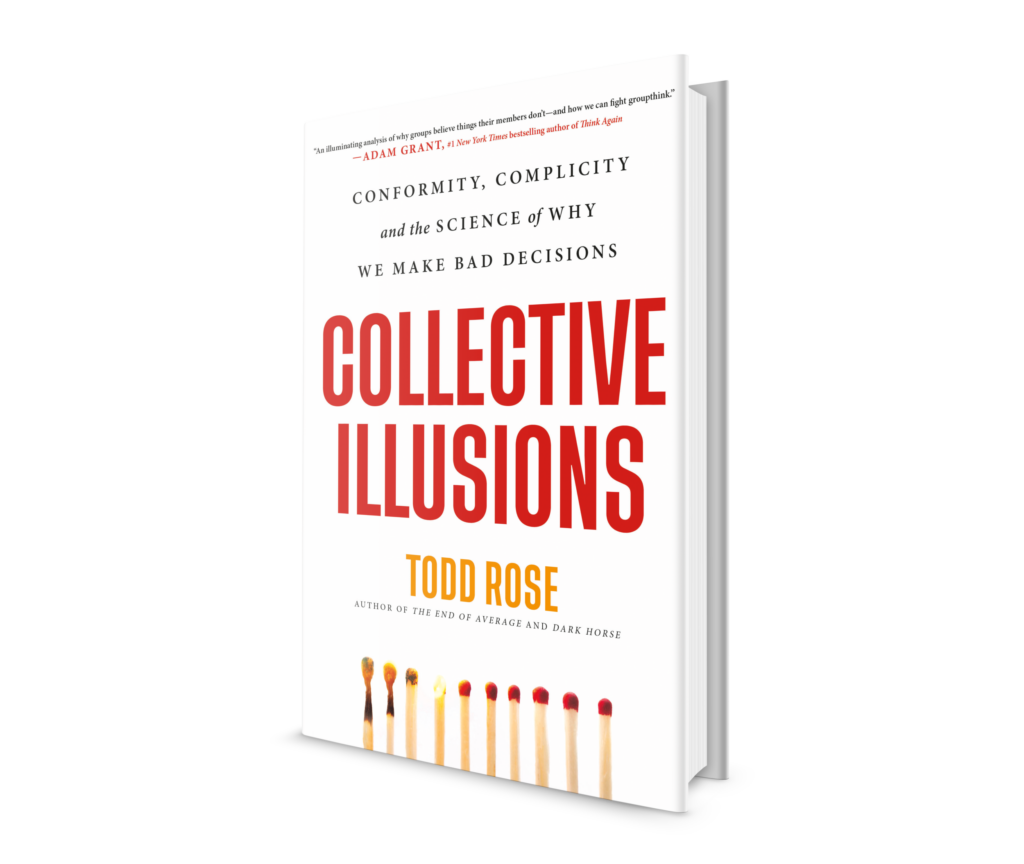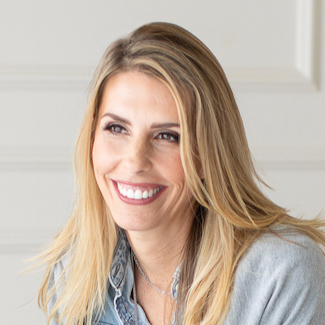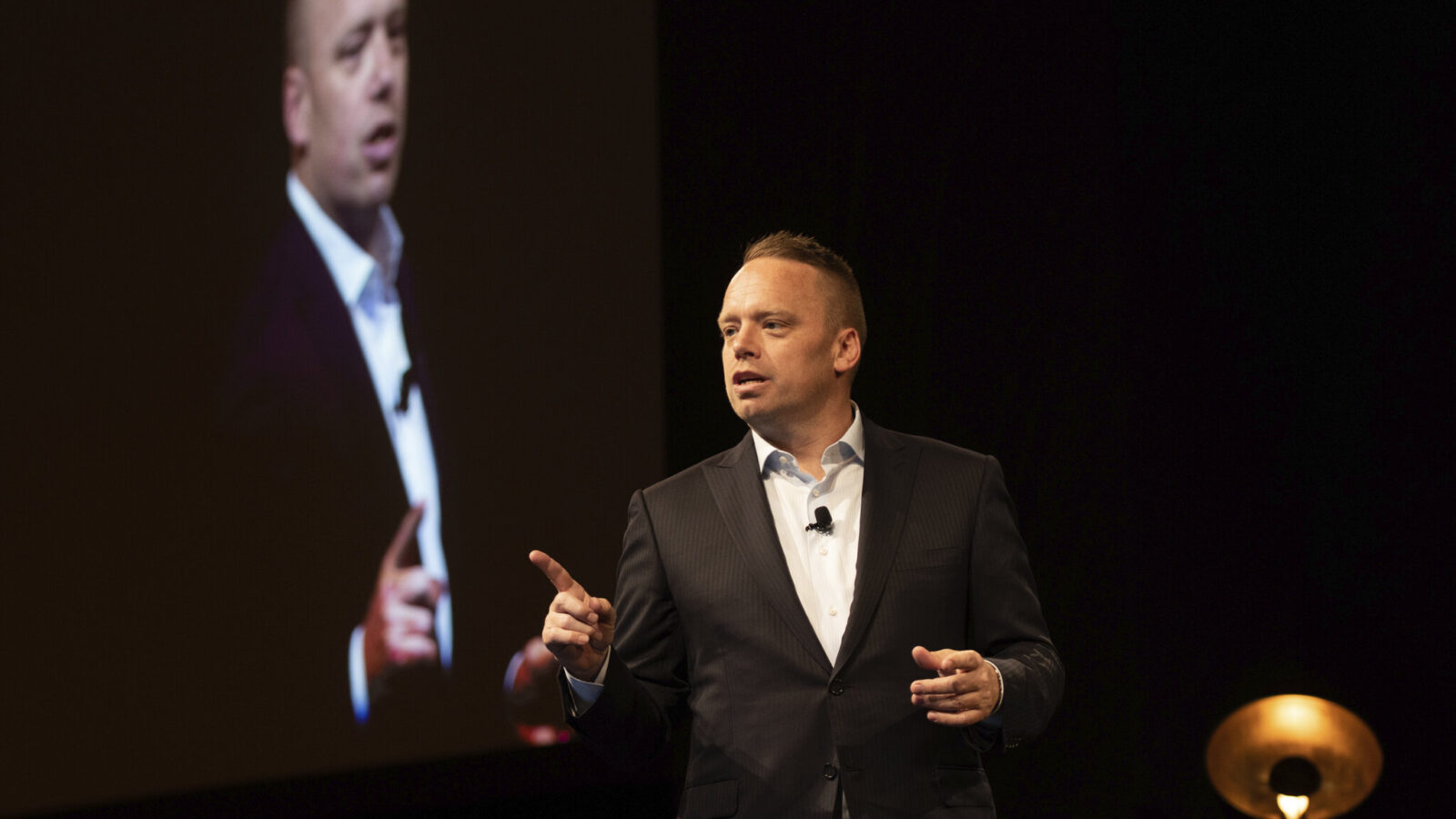Have you ever wondered if the path laid out in front of you was the only one you could take? In a thought-provoking conversation with Dr. Todd Rose, a man whose life story challenges every conventional notion of success and education, we explore the profound depths of individuality, resilience, and the courage to carve one’s own path. We discuss Todd’s journey from having a 0.9 GPA in high school to teaching at Harvard, shining a light on the pivotal moments that have not only shaped his views on success and fulfillment but also offer a fresh perspective on the collective illusions that influence societal norms.
For the full interview, listen to our ‘Evolving with Gratitude’ podcast episode, embedded in this article (above) and also available on your favorite podcast platform.
The Profound Importance Of Fit
As Todd shared his fascinating story, a universal truth emerged that can resonate with us all: the critical importance of finding environments—educational or otherwise—that align with our unique strengths and needs. Todd’s own narrative from struggling in a high school environment to flourishing at Weber State University with a 3.97 GPA, is a testament not to a miraculous transformation of ability, but to discovering a setting where his talents could truly shine. “We often think that people are just talented, or smart, and especially kids, when you’re in these standardized environments, and they don’t go well, you just assume it’s you,” Todd explained.
So how did Todd go from leaving high school with a 0.9 GPA to becoming faculty at an Ivy League university? He reveals, “I got my GED and went to school at night at Weber State University in Ogden, Utah.” His family said, “If you want it badly enough, you’ll figure out how to get good grades.” At Weber, Todd heard about the honors program from a friend and he couldn’t believe it. He recalls his friend sharing that in the honors program, there’s no lectures, there’s just 10 to 12 students sitting around in a circle talking. His friend goes on to explain that there are no tests, you just have to write things, and it doesn’t seem like there are right answers, all we do is debate. Todd knew he had found his fit and, with the support of others, he persevered until he was admitted into the honors program. Todd thrived in the program, even becoming the honor student of the year, before being accepted into Harvard’s graduate school, where he later joined the faculty. This is a vivid example that the right fit can unlock our potential, in school and beyond.
Breaking Free from Scientific Management
Todd reflects, “It’s rare that when you look back and say, ‘Who did this to us?’ That it’s one person, right?” But Frederick Taylor’s Scientific Management legacy significantly shapes today’s education and work, making efficiency paramount. Taylor’s focus on efficiency led to the creation of systems that prioritize standardization over individuality. “He was obsessed with the idea that one of the problems in society is we had a lot of waste,” Dr. Rose notes, pointing out how, “scientific management is probably the most important idea that we all live under that no one knows about.” This efficiency-over-everything approach has permeated our society. Yet, this pursuit of productivity often sacrifices the autonomy, joy, and self-direction that are vital for genuine fulfillment.
The Bell Curve Myth and the Shift to Cultivation
Our education system, influenced by Taylor’s principles, has long operated under the assumption that talent and potential are scarce resources, distributed among a few. This belief in the bell curve has given rise to a “zero-sum system of education,” focusing on selection rather than cultivation. Todd challenges this outdated notion, asserting, “It is objectively true that every human being is capable of excellence of some kind.” This realization calls for a systemic shift towards recognizing and nurturing the unique and dynamic potential within each individual.
“It is objectively true that every human being is capable of excellence of some kind.”
—Todd Rose
Embracing Universal Design
Unlike the one-size-fits-all approach, Universal Design for Learning (UDL) shows us a way to make learning work for everyone, making it more flexible and inclusive. “Why not expect that these environments are designed as flexible as possible,” Todd urges, advocating for educational and workplace environments that accommodate the diverse ways people learn and contribute. UDL’s approach to personalized learning and assessment aligns with the cultivation system Todd envisions, where individual talents are recognized and nurtured. Technology’s role extends beyond convenience; it’s essential in Universal Design for Learning (UDL), making it scalable for educators to tailor educational experiences to individual needs. This makes learning accessible and engaging for everyone. However, realizing this vision encounters significant obstacles, not least of which are the collective illusions that distort our perception of what is truly desired in education and the workplace.
Collective Illusions and the Desire for Authentic Change
Dr. Rose brings to light a crucial issue: the gap between our private beliefs and what we openly share, especially about our jobs and schools. He shares that at his think tank, Populace, “we’ve found that people crave work that has a positive impact and allows them to be themselves, and in education, they want a system that cultivates their children’s unique potential”. This discrepancy largely stems from collective illusions, where “your brain assumes the loudest voices, repeated the most, are the majority.” Recognizing and addressing these illusions is crucial for moving towards a society that values authenticity and individuality.
A New Vision for Learning and Working
As we look towards redefining our educational and workplace systems, our aim goes beyond just improving efficiency or achieving more — it’s about valuing every individual’s unique path to self-actualization and fulfillment.
Inspired by Todd Rose’s insights, we are challenged to reimagine a world that values each person’s unique journey towards contributing, self-actualization, and fulfillment. This new paradigm seeks to empower individuals, educators, and leaders alike to foster environments where the true potential of every person can be realized, moving from the constraints of scientific management towards a more inclusive, adaptable, and enriching future.
With gratitude,
Lainie
Connect with and learn from Dr. Todd Rose
Website – ToddRose.com
Books – Collective Illusions, Dark Horse, and The End of Average

by Todd Rose,


